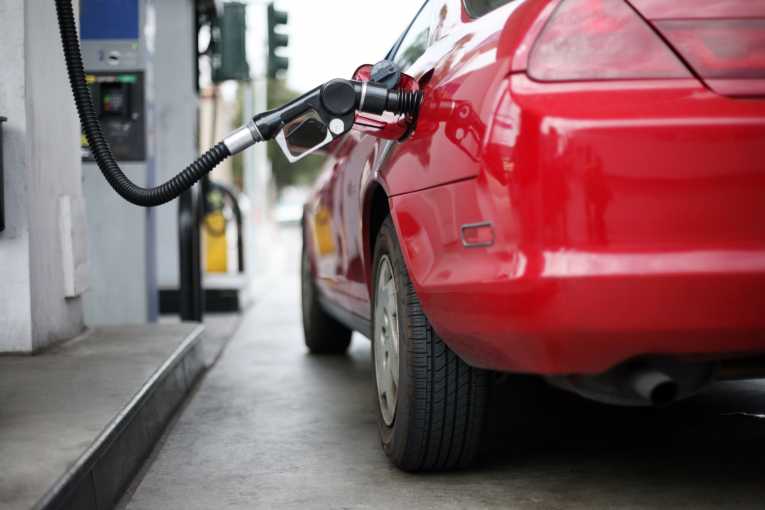This week the European Union (EU) put forward a draft directive which is aiming to link fuel taxes to CO2 emissions - and so help reach EU targets to improve energy efficiency - and slash greenhouse gas emissions. Many are seeing the proposed carbon tax as radical, and some are looking to resist it - including the UK's Automobile Association. But digging into the details of the plan shows that what the EU has put together is only a timid baby-step in the direction towards a more sustainable future.
The EU already has a cap-and-trade scheme for big polluters - such as power plants, car factories and refineries - where a limited number of 'permits to pollute' are issued. Those who are able to reduce their carbon emissions can sell these permits onto others; and they are traded on an open market, which is supposed to help find a 'price' for carbon pollution. That market in carbon had a shaky start, though, with too many permits initially being issued, causing a crash in carbon prices. Currently carbon permits are trading at around €14 per ton.
But cap-and-trade doesn't cover the big slice of emissions coming from small-scale fuel use - which amounts to 60% of the EU's 5 billion tones of CO2 emitted per year - from areas such as transport, farming and heating buildings. That is what the EU's revised Energy Taxation Directive is trying to tackle.
Instead of the current mixed bag of energy taxes, which are often levied by volume, the proposal would require EU member states to apply an energy tax on two new aspects of a fuel. First carbon emissions would be taxed at a minimum of €20 per ton, as of 2013. That would make coal more expensive than diesel and heating oil, for example. And secondly, there would be a base tax on the energy that each fuel produced, so that there was still an incentive to reduce fuel use, irrespective of emissions.
These modest proposals would not see prices rise initially, as fuel taxes already in place exceed the suggested minimum in most countries - though energy tax-lax Luxembourg would lose out. But that hasn't stopped many business sectors, especially car manufacturers, complaining about the proposal. They are worried about it resulting in diesel becoming more expensive relative to petrol, a problem when most of their production is focused on diesel models.
Diesel has always been seen as more efficient, because better mileage can be squeezed from it. But it is in fact a worse emitter of CO2 than gasoline, even when looked at in pounds of CO2 per mile. For that reason, a switch to gasoline cars makes environmental sense. And the directive does allow for a 10-year transition for each country, to help automakers.
The main problem is timidity, though, rather than radicalism. In order to meet the target of cutting carbon equivalent emissions by 20% by 2020, then private consumption of fuels has to reduce or switch to cleaner alternatives. The sad truth is that this will only come through making carbon-intensive fuels more expensive. Longer strides, not baby-steps, will be needed, if the EU is to keep momentum going on its transition to a low-carbon economy - one that has a chance of slowing the rush towards the climate-change cliff.










